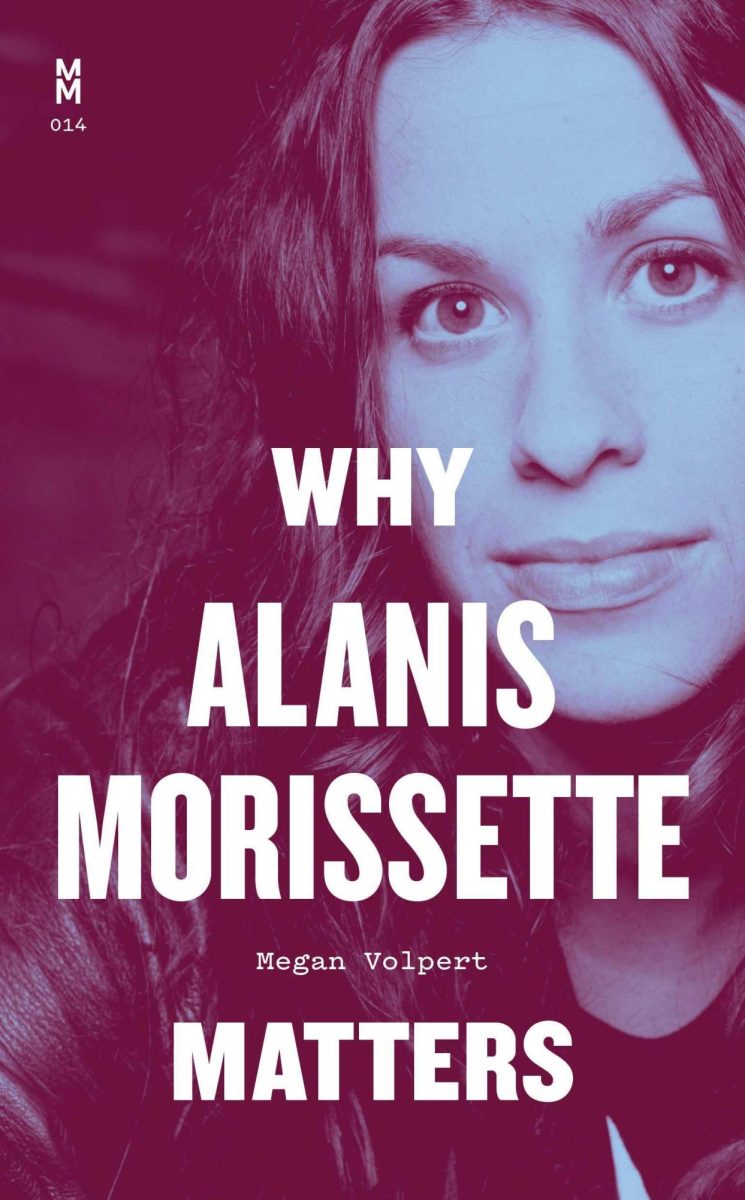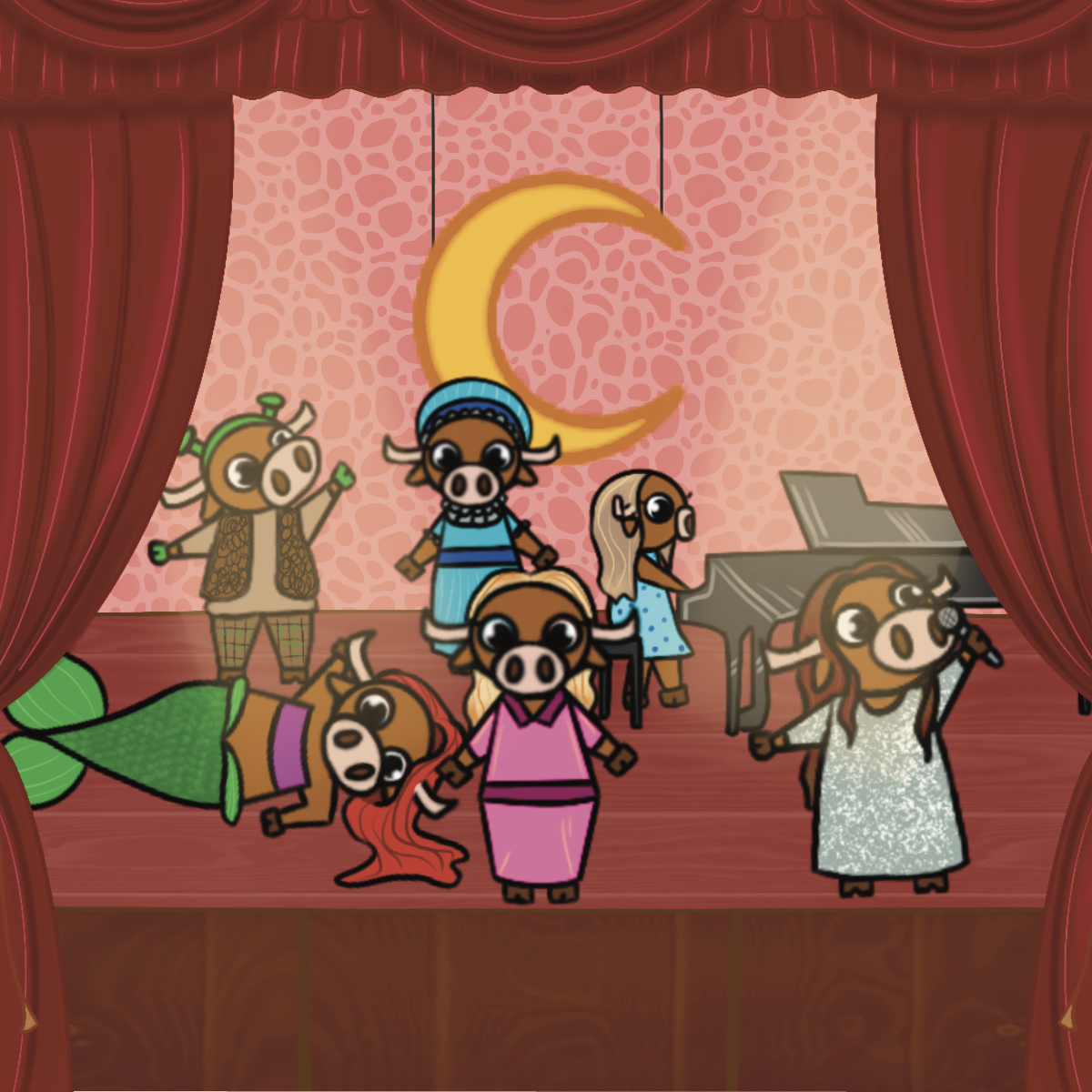Valentine’s Day is the time of the year when those in relationships express their love for each other, and the rest of us feel nothing but resentment toward them. Our best bet is to just sit it out. Tomorrow the candy goes on sale, and we aren’t under any obligation to share.
It’s not like we’re missing anything. People in relationships are deluded and the lies begin from the moment inamorato and inamorata first lock eyes. A meta-study found that even though good-looking people are not, on average, more social, emotionally stable or intelligent than more ordinary members of the population, we let their bright smiles convince us otherwise.
It’s better to just take beauty out of the equation. If we even wanted to be in a relationship, we’d look past physical flaws in order to find a deep, genuine, emotional connection.
And that’s when, at least today, people turn to online dating.
Sure. Sounds great. After all, when people ask how we met, what could be more romantic than telling them we answered dozens of vague multiple-choice questions about ourselves and then a computer told us we were 93 percent compatible?
Romantic or not, it’s hard for even the most cynical among us to deny that the Internet has changed the dating game. Still, it took a recent paper a whopping 65 pages to reach that conclusion. In simpler times, pairs would meet, often through friends, and then slowly get to know each other. Now even before the coffee date, two wooers have access to several shallow, poorly punctuated paragraphs about each other, effectively flipping the old model on its head.
But, do online dating sites promote, as the paper refers to them, “better romantic outcomes?” The authors say the answer is both yes and no.
The yes comes in the form of providing access to a large database of people who you could not have otherwise met. Additionally, the authors suggest that brief online communication could potentially allow for greater attraction once the face-to-face meeting occurs (though the longer this takes to happen, the worse it is for the relationship). The computer algorithms may also be good at eliminating definite “no”s from the selection process.
However, algorithms can’t predict who will make us feel weak at the knees, tripping over words and regressing back to our middle school selves. What we look for in a profile is not necessarily the same as what makes a person attractive. Yes, objectively we want a good-looking and personable partner with a good career, but those attributes may not trigger Cupid’s arrow during what the scientists refer to as “in vivo” communication (there’s a reason these authors work for universities and not Hallmark).
Last month, the senior research scientist at eHarmony, Gian C. Gonzaga, responded to the paper’s criticisms and revealed, for the first time, how the company’s compatibility algorithm works. A study done within the company found that scores from questionnaires given during the sign-up phase could predict relationship success four years down the line.
However, most researchers aren’t taking his results at face value. The experiment hasn’t made it through the peer review process nor are there any plans to publish it in any leading journal. Additionally, even from the scant details that Gonzaga provided, many objected to the methodology employed as well as the obvious risk of confirmation bias (it’s very unlikely that an experiment will end up one way if the researchers’ careers depend on it ending another).
The truth of the matter is that nobody knows the secret to a good relationship and it’s unlikely we’ll find the answer in a computer or research lab. Even those who think they’ve found a perfect match often attribute it to nothing more than serendipity, but that’s part of the romantic magic that turns perfectly normal human beings into googly-eyed, hand-holding baby talkers that the rest of us have to endure, sometimes even on a full stomach.
However cheap tomorrow’s candy is, Valentine’s Day is not worth it.
Printed on Thursday, February 14, 2013 as: Romance has many different paths















